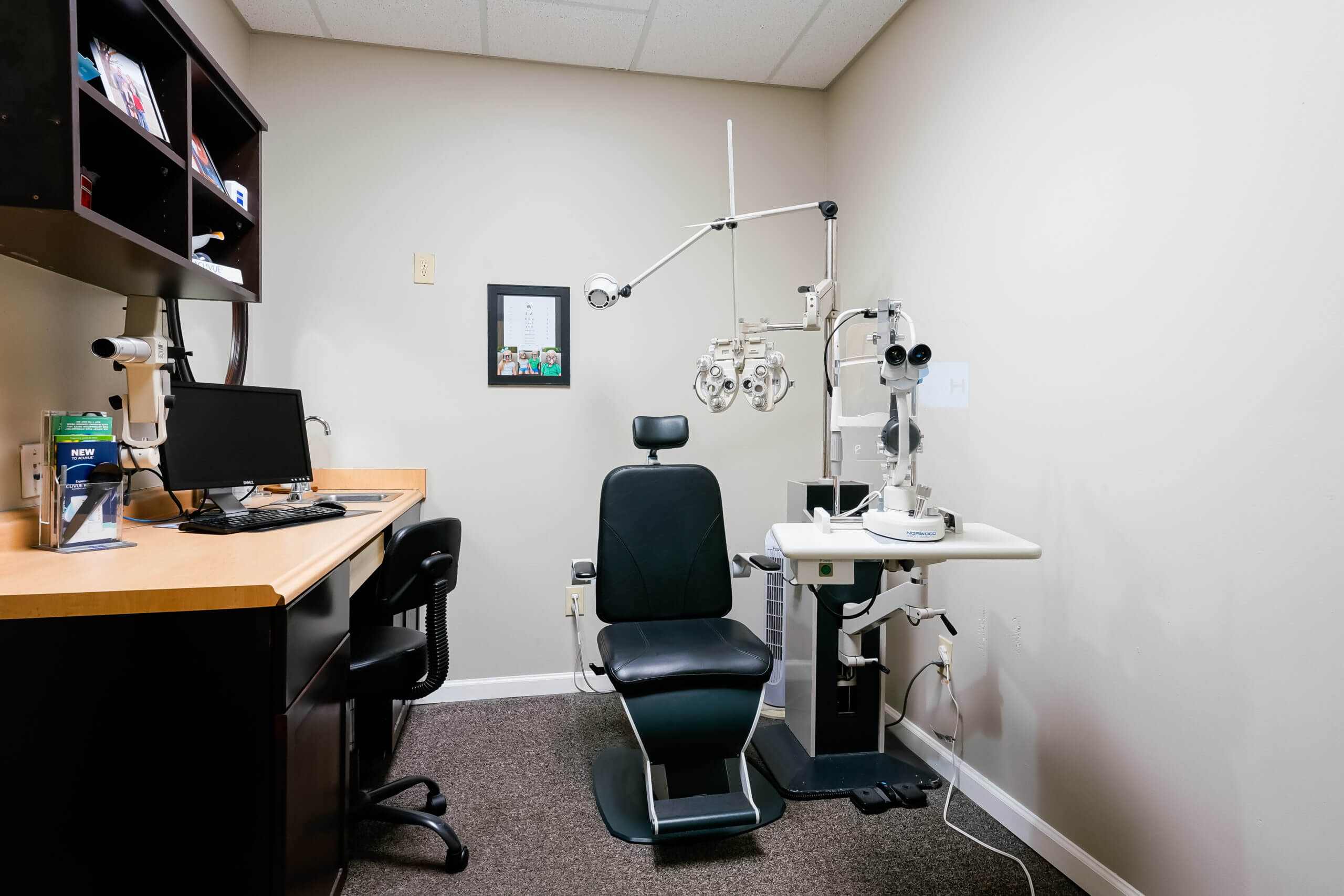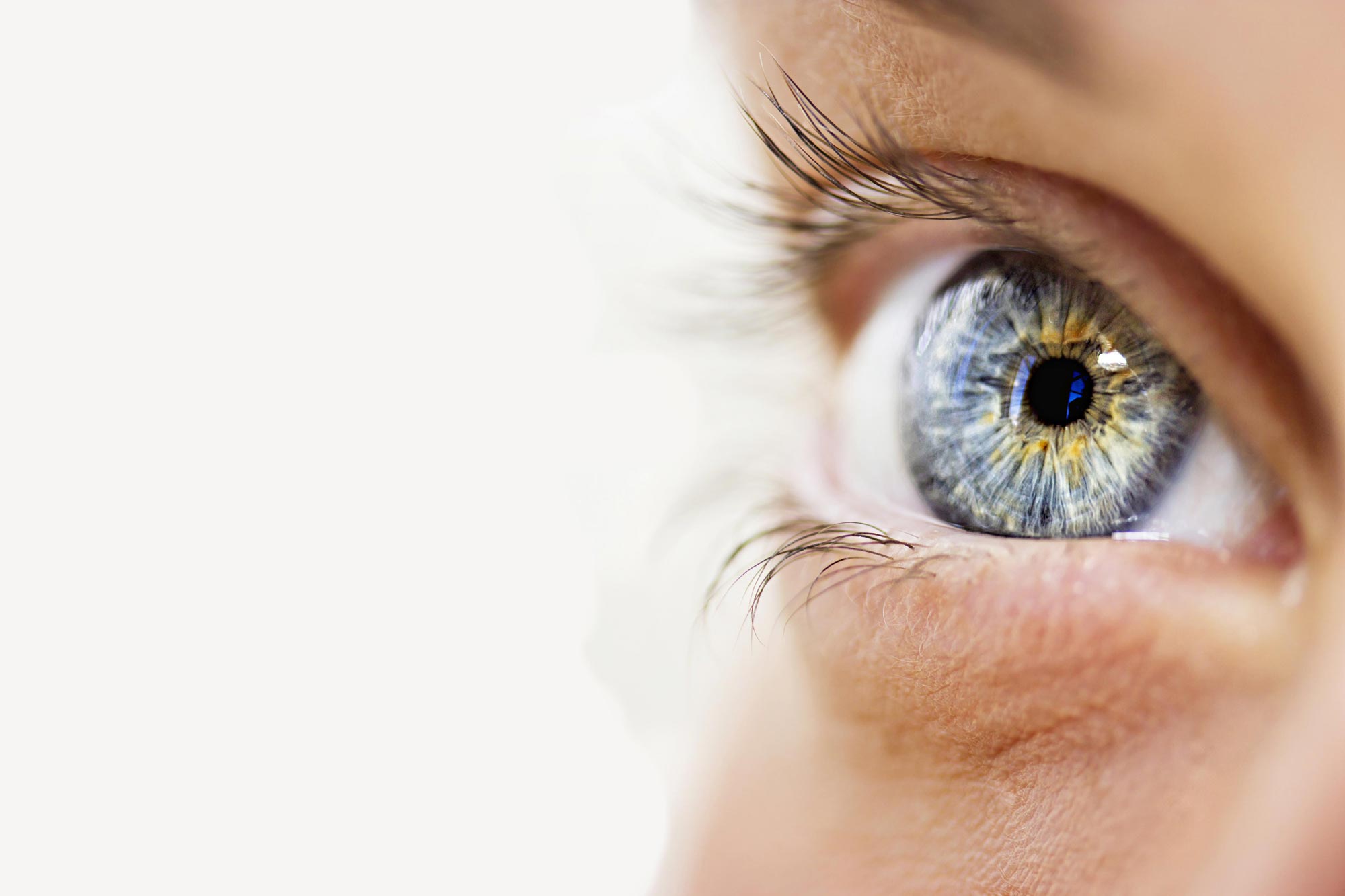The Significance of Regular Eye Examinations: Insights From an Experienced Eye Physician
Routine eye tests serve as a critical element of medical care that prolongs past mere vision modification. An experienced eye doctor can give insights right into just how these evaluations not only discover usual eye conditions yet likewise disclose underlying health and wellness concerns that might or else go unnoticed.
Benefits of Normal Eye Exams
Although numerous people might ignore the relevance of regular eye examinations, these assessments play a critical role in maintaining general wellness and wellness. Normal eye exams serve not just to assess vision however likewise to find very early indicators of systemic health issues, including diabetes and high blood pressure. By identifying these conditions at their inception, clients can get timely treatments, significantly improving lasting results.
In addition, eye exams can assist in monitoring existing health and wellness problems, guaranteeing that any type of adjustments in vision or eye health are immediately addressed (optometrist). The evaluations enable customized suggestions pertaining to eyewear, lifestyle modifications, and safety actions against potential eye stress or damages
Beyond physical health, the benefits of routine eye tests reach improving lifestyle. Boosted vision facilitates much better efficiency in day-to-day tasks, from reading to driving, thereby contributing to greater freedom and security. Ultimately, prioritizing eye exams cultivates a proactive strategy to health administration, empowering people to organize their health. Routine check-ups are a necessary element of a detailed healthcare strategy, ensuring that both vision and total wellness are protected throughout life.
Common Eye Issues Detected
Normal eye examinations contribute in detecting a selection of common eye problems that can substantially affect vision and overall wellness. Among the most prevalent problems recognized throughout these exams are refractive mistakes, consisting of myopia (nearsightedness), hyperopia (farsightedness), and astigmatism. These conditions often manifest as blurred vision and can be conveniently corrected with prescription glasses or get in touch with lenses.
Additionally, cataracts, which create clouding of the lens, are frequently identified in older grownups. This condition can cause diminished vision and needs medical intervention for resolution. One more typical concern is glaucoma, a group of eye illness that harm the optic nerve, frequently connected to raised intraocular pressure. Early detection is critical as it can avoid irreparable vision loss.
Age-related macular deterioration (AMD) is another considerable problem that affects main vision, particularly in people over 50. Finally, diabetic person retinopathy, a complication of diabetic issues, can cause extreme vision impairment otherwise kept track of frequently. Through thorough eye examinations, these conditions can be recognized early, enabling for prompt monitoring and treatment to protect vision and improve lifestyle.
Relevance of Very Early Detection
Early detection of eye problems plays an essential function in preserving vision and avoiding significant wellness issues. Numerous eye diseases, such as glaucoma, diabetic person retinopathy, and age-related macular degeneration, can progress calmly without recognizable signs in their beginning. By the time signs and symptoms materialize, irreversible damages might have occurred, bring about long-term vision loss.
Regular eye tests promote very early medical diagnosis, enabling for timely intervention and therapy. For circumstances, dealing with raised intraocular stress can avoid the beginning of glaucoma, while taking care of blood sugar levels can considerably reduce the danger of diabetic person retinopathy. Furthermore, problems like cataracts can be efficiently taken care of with surgical intervention when recognized early.

Exactly How Usually Should You Go To?
Identifying the regularity of eye examinations is important for maintaining ideal eye wellness and vision. The general referral for adults is to have a thorough eye exam every one to 2 years, depending on individual risk aspects and age.
People with specific her explanation threat factors, such as a family members background of eye disease, diabetes mellitus, or existing vision problems, may need even more constant assessments. Kids need to have their initial eye exam at six months of age, followed by extra exams at age three and before going into college. Regular examinations throughout childhood are critical as vision can change rapidly during developmental years.
Inevitably, the regularity of check outs ought to be tailored to each individual's conditions, consisting of way of living, job-related threats, and any kind of pre-existing eye problems. Consulting with an eye care professional can offer tailored referrals, ensuring that your eye health is frequently monitored you could try these out and kept.
Tips for Your Eye Examination
Getting ready for your eye examination can enhance the effectiveness of the see and make sure a detailed assessment of your eye health and wellness. To optimize your time with the eye medical professional, it is crucial to gather pertinent details before your visit. Start by assembling a checklist of any type of medications you are presently taking, including non-prescription medications and supplements, as these can affect eye health and wellness.
In addition, document any type of signs and symptoms you have actually experienced, such as blurred vision, pain, or frustrations. This info will certainly aid your eye doctor in detecting potential problems. If you put on glasses or get in touch with lenses, bring them along, also if you don't use them on a regular basis. This will certainly help the physician evaluate any kind of modifications in your vision.
It is additionally advantageous to have a household background of eye conditions handy, as genetic factors can add to your eye health. Ultimately, take into consideration arranging your test for a while when you are much less hurried, permitting you to visit ask concerns and discuss your issues thoroughly. By preparing effectively, you make certain that your eye examination is efficient and that your optometrist has all the essential details to supply the most effective care possible.

Final Thought
Normal eye examinations play a critical function in preserving both vision and overall health and wellness. Ultimately, prioritizing comprehensive eye evaluations adds significantly to the conservation of vision and the enhancement of top quality of life, highlighting the requirement of regular eye care in preventative health care techniques.
Regular eye exams are critical in detecting a range of usual eye conditions that can considerably influence vision and total health.Establishing the frequency of eye exams is necessary for keeping optimal eye health and wellness and vision.Preparing for your eye test can enhance the effectiveness of the see and guarantee a detailed analysis of your eye health and wellness (optometrist). By preparing appropriately, you ensure that your eye examination is efficient and that your eye physician has all the essential details to provide the best care possible
Eventually, prioritizing detailed eye analyses adds dramatically to the conservation of vision and the improvement of quality of life, underlining the requirement of routine eye treatment in precautionary health care approaches.